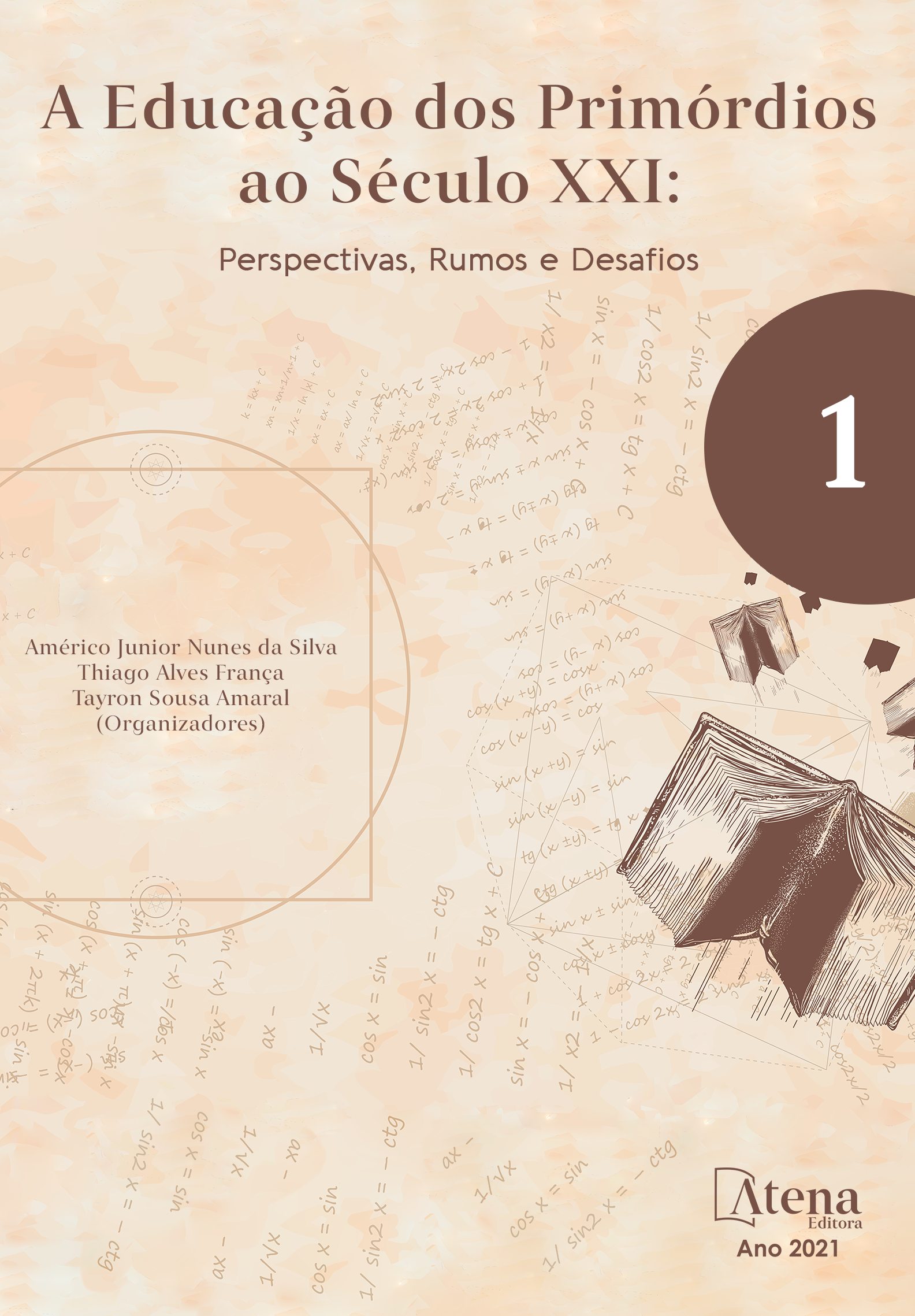
SABERES DOCENTES NA ERA DIGITAL: ENTRE DISCURSOS E PRÁTICAS SOB A ÓTICA DA AGENDA 2030 DA ONU
Na área da educação percebemos um grande movimento de virtualização do ensino, na perspectiva de e-learning (BARRETO, 2004). Neste novo cenário, os papéis tradicionais do professor, aluno e escola precisam ser mais bem compreendidos e investigados para fazer frente às mudanças que se impõem. A educação a distância (EaD) via Internet redefine substancialmente o papel do professor. Como elemento central no processo ensino-aprendizagem, portanto, precisa ter sua função, sua prática, seu papel questionado, compreendido, estudado. Na EaD, o professor passou a ter várias denominações, tais como: professor online, tutor, mediador etc. Independente da denominação recebida pelo professor, ele necessita desenvolver habilidades diferenciadas para atuar neste novo modelo que transcende as dimensões tradicionais do ensino presencial. A partir de relatos de professores/tutores e de cursistas de um curso de pós-graduação lato-sensu (especialização), realizado a distância e oferecido pela Universidade Federal do Rio de Janeiro (UFRJ), este trabalho nos instiga a refletir sobre as competências dos docentes necessárias para o desenvolvimento e atuação no ensino a distância. Além de discutir os obstáculos enfrentados neste meio e as estratégias adequadas para superar a distância geográfica e temporal existente entre professor-aluno, busca analisar questões pontuais, tipo: o que o cursista aprendeu? Quais dificuldades foram encontradas, por parte dos cursistas e tutores? Quais foram superadas? Como superou as dificuldades? Por meio de análise documental e de observações realizadas no ambiente virtual de aprendizagem do curso, foi possível investigar as percepções de professores e cursistas a respeito de seu processo de mediação e construção do conhecimento, sob a ótica da Agenda 2030 da ONU (Organização das Nações Unidas).
SABERES DOCENTES NA ERA DIGITAL: ENTRE DISCURSOS E PRÁTICAS SOB A ÓTICA DA AGENDA 2030 DA ONU
-
DOI: 10.22533/at.ed.5022104032
-
Palavras-chave: Educação a Distância. Saberes Docentes. Desenvolvimento Sustentável.
-
Keywords: Distance Education. Teaching Knowledge. Sustainable development.
-
Abstract:
In the area of education we perceive a great movement of virtualization of teaching, in the perspective of e-learning (BARRETO, 2004). In this new scenario, the traditional roles of the teacher, student and school need to be better understood and investigated to face the changes that are required. Distance education (EaD) via the Internet substantially redefines the role of the teacher. As a central element in the teaching-learning process, therefore, it needs to have its function, its practice, its role questioned, understood, studied. In distance education, the teacher came to have several denominations, such as: online teacher, tutor, mediator etc. Regardless of the denomination received by the teacher, he needs to develop different skills to act in this new model that transcends the traditional dimensions of classroom teaching. Based on reports by professors / tutors and course participants of a lato-sensu postgraduate course (specialization), carried out at a distance and offered by the Federal University of Rio de Janeiro (UFRJ), this work encourages us to reflect on the skills of the teachers necessary for the development and performance in distance learning. In addition to discussing the obstacles faced in this environment and the appropriate strategies to overcome the existing geographical and temporal distance between teacher-student, it seeks to analyze specific questions, such as: what did the student learn? What difficulties were encountered by course participants and tutors? Which ones have been overcome? How did you overcome the difficulties? Through documentary analysis and observations made in the course's virtual learning environment, it was possible to investigate the perceptions of teachers and course participants regarding their process of mediation and construction of knowledge, under the perspective of the ONU Agenda 2030 (United Nations Organization).
-
Número de páginas: 15
- Reginaldo Guedes


